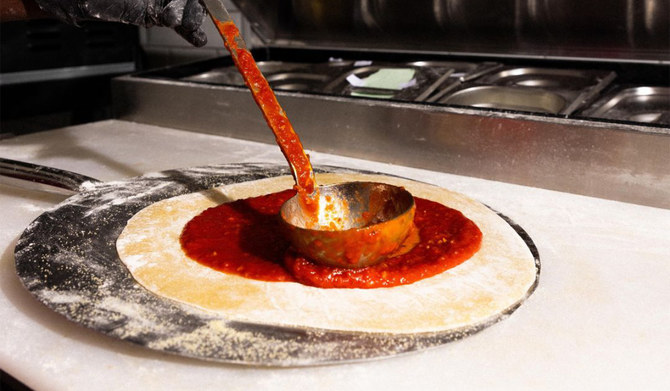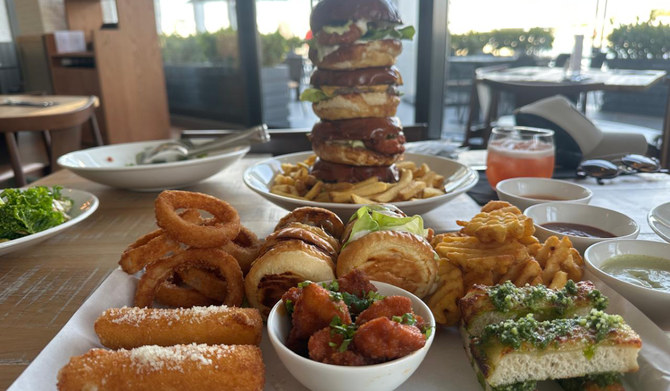Karen Martini
This curry, full of warming spice notes, has a round, soft profile. Cooking out the paste at the start is important: you want to bring out the fragrance, but don’t let it burn – it will mar the finished flavour. Cooking until the sauce splits is also important; it will begin to happen when you fry the paste but once reduced and intensified, a layer of fat from the oil and coconut milk, stained with the spices, will settle on top. It’s a sure sign of a good curry.
Ingredients
8 chicken thigh fillets or chicken chops
60ml soy sauce
⅓ cup Malaysian curry powder*
70ml grapeseed oil
2 potatoes, peeled and each cut into 6 pieces
1 carrot, cut into 6 pieces
1 cinnamon stick
2 star anise
2 tsp ground turmeric
6 dried curry leaves
1 tbsp caster sugar
1 tbsp salt flakes
400ml coconut milk
For the curry paste
1 tomato, diced
4 eschalots, roughly chopped
5cm piece of ginger, peeled and roughly chopped
4 garlic cloves, roughly chopped
3 long red chillies, roughly chopped
6 dried curry leaves
8 brazil nuts (or 80g macadamia nuts or candlenuts)
30ml grapeseed oil
Method
1. Place the chicken, soy and 1 tablespoon of the curry powder in a bowl and toss to combine and coat. Set aside at room temp for 15 minutes.
2. Place all curry paste ingredients in a blender and blitz until smooth.
3. Heat the oil in a wide saucepan over a medium-high heat. Add the paste and cook for 3 minutes while stirring until it’s fragrant and the colour darkens.
4. As the paste starts to dry out and begins to stick, add the chicken, potato and carrot, stirring through to coat, then add the cinnamon, star anise, turmeric, remaining curry powder, curry leaves, sugar, salt and coconut milk. Top up with water to just cover and bring to a simmer. Turn the heat to medium-low and simmer gently for 1 hour.
5. Once cooked, the sauce will have reduced, intensified and started to split. Adjust the seasoning if necessary. Serve with steamed rice and roti.
*Malaysian curry powders are generally more fragrant and less pungent than Indian versions, without the influence of fenugreek.
Courtesy: food








